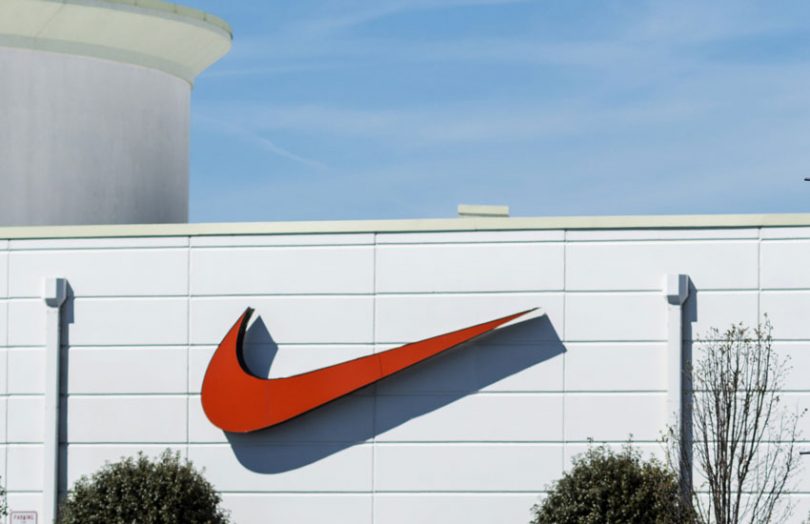Global clothing and apparel brands Nike, PVH Corp (Tommy Hilfiger, Calvin Klein), HermanKay, and retailers Kohl’s and Macy’s participated in a blockchain proof of concept (PoC) using RFID tags for tracking products in the supply chain.
Auburn University’s RFID Lab ran the PoC for the CHIP (CHain Integration Project) Initiative, which aims to use blockchain for product data exchange from manufacturing to store. The RFID Lab has released a whitepaper.
The mentioned companies participated in the first phase of the project, which successfully integrated serialized data streams from manufacturing to retail, creating a transparent trail of the product’s journey. Auburn University said the brands contributed their item-level data streams from various supply chain nodes from January to December 2019.
The PoC was able to capture about 642,612 items using RFID systems, while 222,974 items were written to the blockchain. Distribution sources contributed about 87 % of this data. The goal of the project was to enable trade partners and supply chain participants to view standard information and provide end-to-end visibility.
Clothing and apparel companies have to face a constant threat of counterfeit products, piracy, and even theft. Blockchain could potentially improve the transparency of supply chains and provide an auditable trail of how the product moves. Distribution is one avenue where the product changes multiple hands, thus increasing the risk of mismanagement.
Auburn’s RFID Lab said its blockchain solution is built using enterprise blockchain Hyperledger Fabric. Launched in 2018, the CHIP project previously said it onboarded about 21 partners to participate in the PoC. RFID Lab revealed that technology providers Mojix, Avery Dennison, SML, and IBM were part of the first phase. Walmart and Under Armour are also project participants but did not participate in this first PoC.
Standard organization GS1 and management consulting firm Collaboration were partners in the project.
GS1 has previously worked on a blockchain project with SAP for using RFIDs for tire retreads. A prototype was announced a few months ago.
The CHIP initiative seems to be an extension of the RFID Lab’s Project Zipper, which studied the use of RFID in retail supply chains. Now, blockchain is being used to link RFID, Electronic Product Code and other capture systems, which will provide seamless data exchange to improve the efficiency of supply chains.
Blockchain is increasingly being used for traceability in the supply chain, and industries around the world have introduced new solutions. Luxury goods maker LVMH and Microsoft worked with ConsenSys to verify the authenticity of products on the blockchain using DNA tagging.
Coca-Cola bottlers are using SAP’s blockchain platform to manage supply chains efficiently. And Budweiser brewer Anheuser-Busch InBev has developed a blockchain solution to trace products in its supply chain.






